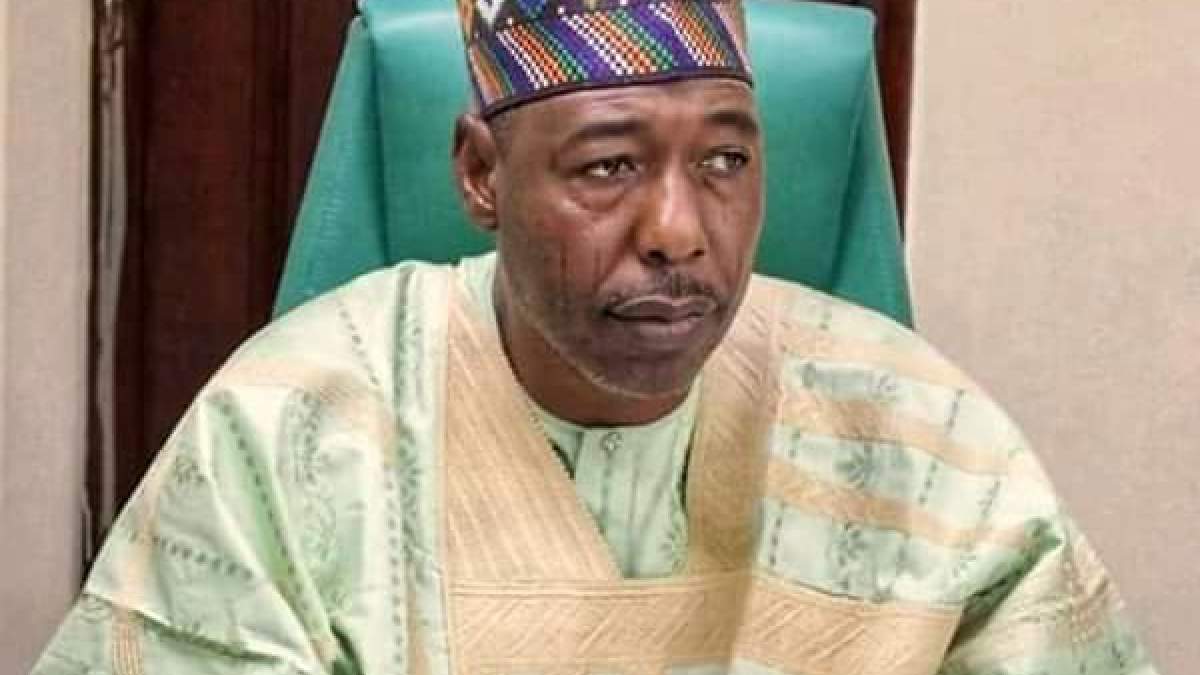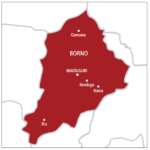Borno State Governor, Professor Babagana Zulum, has suspended all paid staff members at the General Hospital in Ngala town.
Those suspended include resident medical doctors, nurses, pharmacists, and lab technicians.
- Borno: My take on Eid amid COVID-19
- How Borno health workers battle public misconception of COVID-19
The suspension, it was gathered, came after Zulum’s unscheduled visit to the hospital on Monday.
At 11am of Monday when the governor arrived at the hospital, it was established that the entire staff had abandoned the hospital to an international non-governmental organization, fhi360, which was managing hundreds of patients, the majority of them, IDPs and residents.
The hospital’s staff members, it was gathered, abandoned their duties despite receiving government’s salaries.
The governor was said to have shown up at the hospital in order to find out the realities of healthcare delivery to citizens.
He was, however, disappointed to find out that despite high turn out of patients, none of the government health workers was at the hospital at 11am.
It was gathered that Zulum was received on arrival by a field coordinator of fhi360, the iNGO left in control of the hospital.
Saddened by what he found on the ground, he ordered the suspension of all staff on the payroll of Borno Government.
“These humanitarian workers from the iNGO (fhi360) are supposed to complement the state Government staff but not to completely take over the Hospital.
“I am directing the Borno State Hospitals Management Board, if there is any staff on the payroll of this Hospital, to immediately suspend all the workers on the government payroll.
“I will be back to this hospital, hoping to see the opposite of what I saw today (Monday),” Zulum said in a release by the government.
Ngala town is the headquarter of Ngala local government area in central part of Borno State.
The border town is within an international land route into Cameroon, Chad, Sudan and Central Africa.
Liberated from Boko Haram’s control in 2015, Ngala is currently populated by thousands of returnees, many of whom are internally displaced persons (IDPs), forced to flee their villages and farmlands in the wake of attacks by Boko Haram.
A good number of residents are indigenes of the town.

 Join Daily Trust WhatsApp Community For Quick Access To News and Happenings Around You.
Join Daily Trust WhatsApp Community For Quick Access To News and Happenings Around You.

